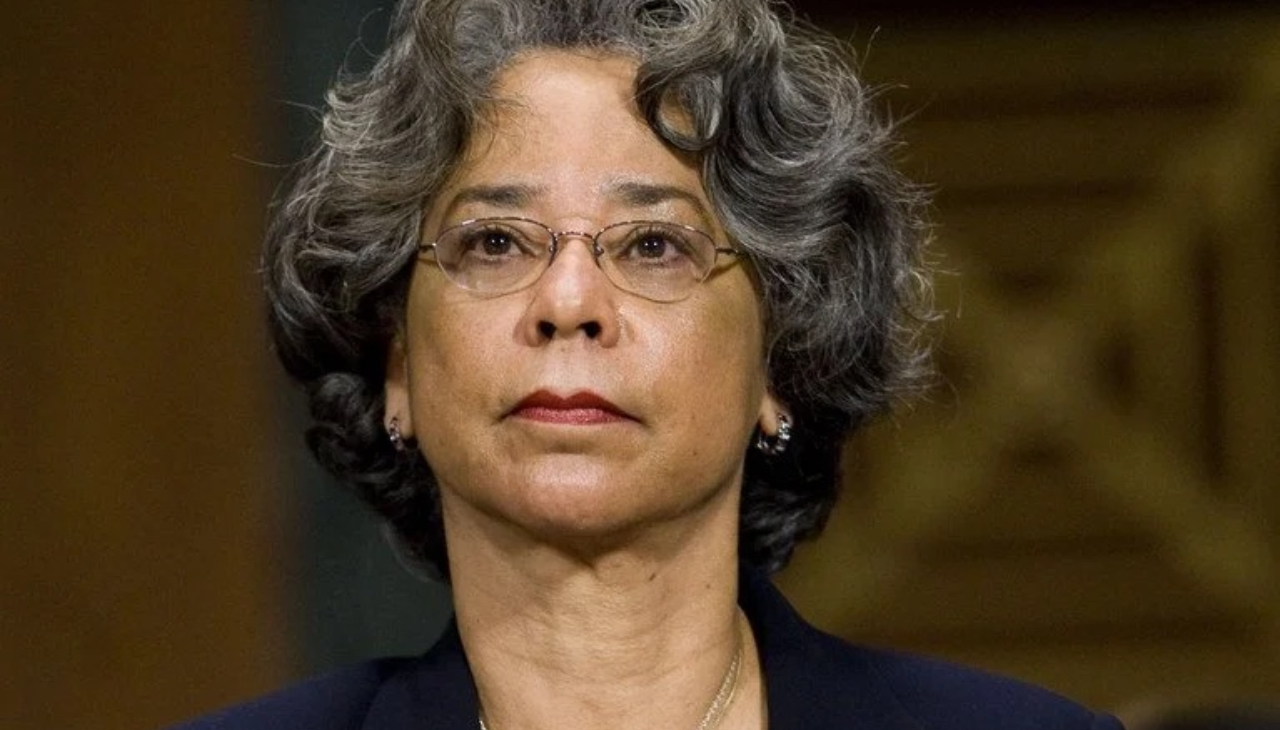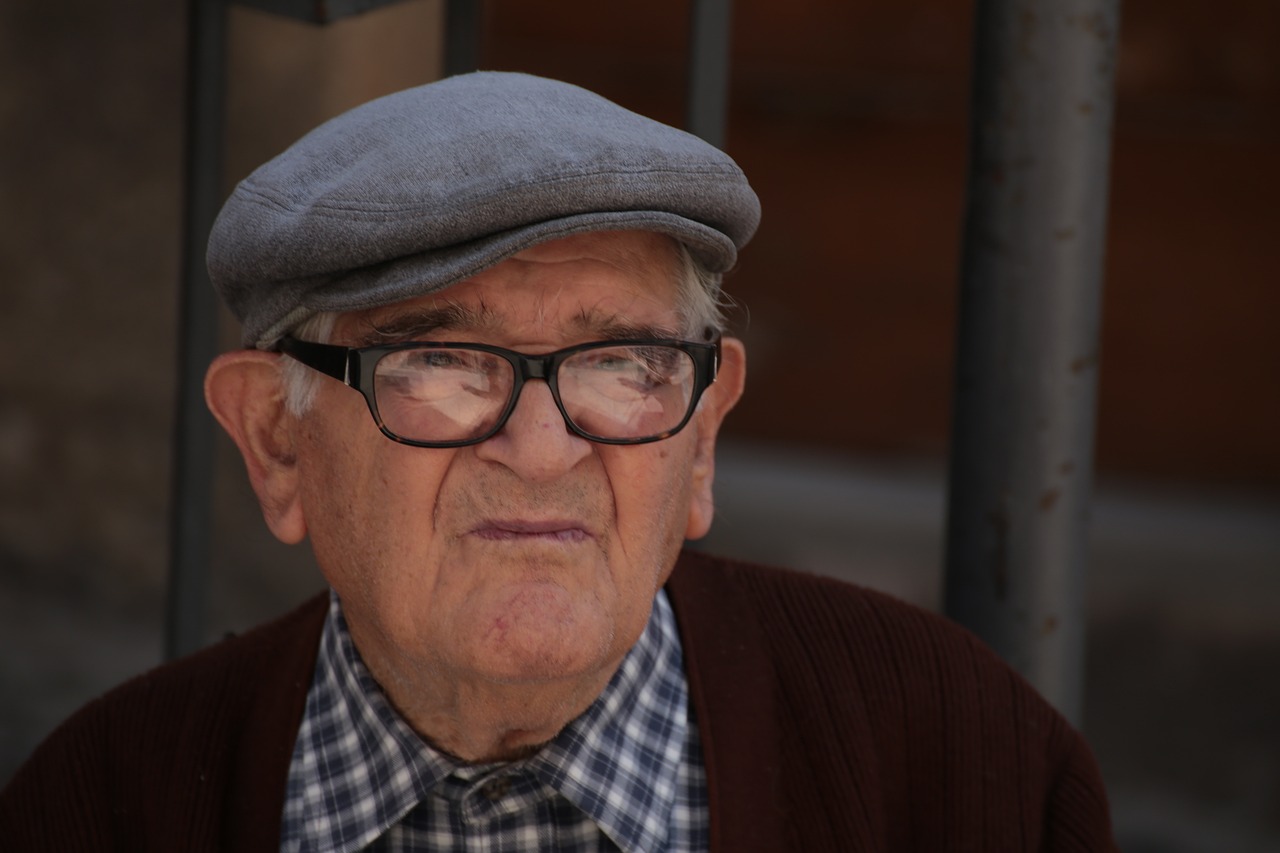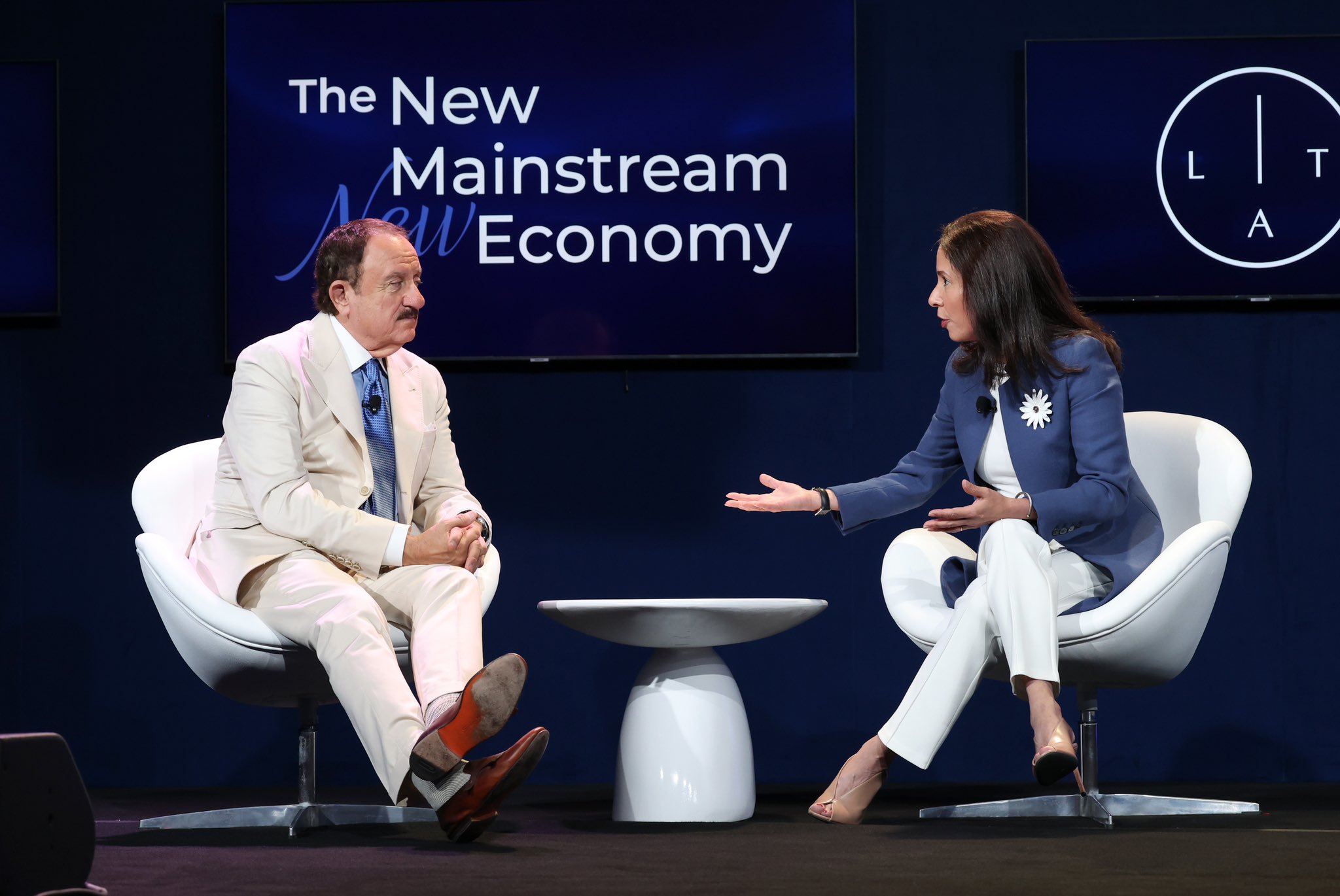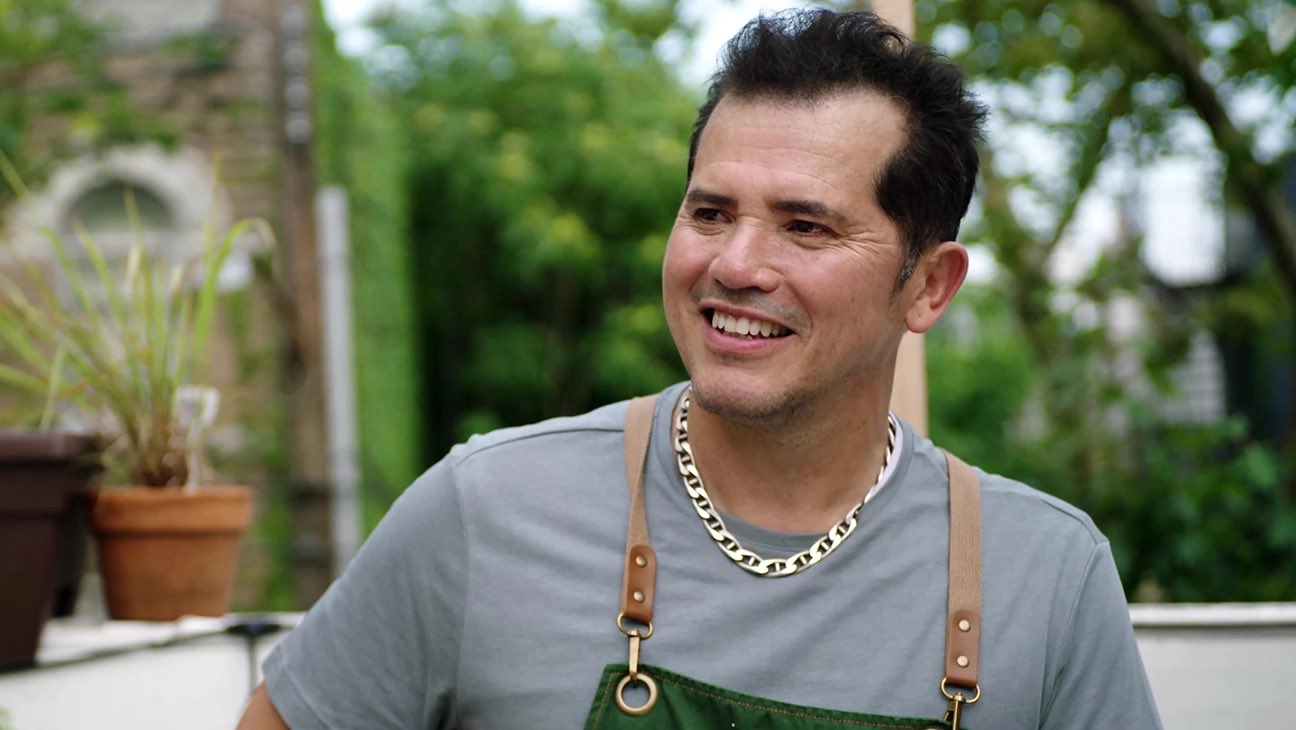
Meet Judge Nitza Quiñones Alejandro, who is receiving the 2023 La Justicia Award
She broke barriers as Pennsylvania's first Latina judge in 1991, and the current federal judge is being honored by the HBAPA for decades of pursuing justice.
On Feb. 2, 2023, Judge Nitza Quiñones Alejandro will be honored as the 22nd Annual La Justicia Award recipient. The La Justicia Award is given out by the Hispanic Bar Association, an organization that Quiñones Alejandro helped establish almost 40 years ago in 1984.
“To get their [younger lawyers] recognition and to get the recognition of the Hispanic Bar Association, to me it is a tremendous honor. And I’m humbled by it,” she told AL DÍA News in a recent interview.
When Quiñones Alejandro arrived in Philadelphia in 1975, there were only five Latino lawyers in the city. She had just finished law school at the University of Puerto Rico and had been recruited to work for the Community Legal Services of Philadelphia (CLS).
Quiñones Alejandro was born in Puerto Rico, but as a military kid grew up in places like Germany, Colorado, and Panama. She did her last year of high school at a public school in Puerto Rico before attending the University of Puerto Rico. There, she graduated with a degree in business with a major in statistics and a minor in accounting.
She had wanted to start working after graduation, but her mother insisted that she get a postgraduate degree like her two older siblings.
She applied to law school at the University of Puerto Rico and to several U.S. colleges for a masters in statistics. She decided to go to law school because it was the more financially practical option.
“It was very difficult for me the first year, because I was used to math, you know, the numbers, the formulas, and law school is reading. It is a lot of reading. And it was very difficult for me at first,” Quiñones Alejandro said.
This changed when she started working for an attorney in the Legal Aid Society. Quiñones Alejandro explained that this experience made her enjoy learning about the law and how she could use it to help others.
This desire to help people through the law inspired her to pursue jobs in public service, like the one at CLS.
After two years at CLS, she joined the Social Security Administration as an attorney advisor. Two years later, she began working at the District Counsel’s Office with the Department of Veterans Affairs, where she stayed for 12 years.
During this time, the amount of Latino lawyers in the city was slowly growing. In 1984, Quiñones Alejandro helped establish the Hispanic Bar Association of Pennsylvania (HBAPA) and the Hispanic Bar Association Legal Education Fund, two years later.
The Asian Bar Association was formed around the same time and both organizations were able to get recognized by the Philadelphia Bar Association, receiving seats on the Board of Governors.
In 1981, The Honorable Nelson A. Diaz became the first Latino judge in Pennsylvania. Ten years later, Quiñones Alejandro blazed another trail, becoming the first Latina judge elected in Pennsylvania.
“It's a tremendous honor. But it's also very, [on] the other side a little, upsetting that we had not progressed as much,” she said.
“However, today, there are many more Latinas on the bench, and that's a personal pride for me that we have gotten more Latinos on, and more people of color on the bench. So that is a great honor to have been part of that movement,” she added.
RELATED CONTENT
Becoming a Judge
Her path to the bench didn’t have a smooth start. In 1990, the Philadelphia Court of Common Pleas had six vacancies open. Seeing an opportunity to get more Hispanic representation in Philadelphia’s judiciary, the HBAPA got then-Governor Bob Casey to agree to consider a candidate the organization recommended.
During meetings to determine who would be recommended, Quiñones Alejandro noted that most of her colleagues had challenges that would make running harder. So, she volunteered.
This meant leaving her job at the VA and not having an income, but she wanted to help open the door for other Latino lawyers. So, she took that leap.
Her nomination was held up by the Pennsylvania Senate because the politicians said that they “didn’t know her” or what she had done for the political parties. Since she was a federal employee for most of her career, she couldn’t publicly engage in politics. She ran in the election unconfirmed and won, alongside the four other women who had run.
In 2012, Quiñones Alejandro was nominated to the federal bench by President Barack Obama. After her confirmation, she became the first Latina lesbian appointed as a federal judge.
While Quiñones Alejandro noted that she has never really considered herself a role model, she has often been someone who sees something that has to be done, and simply does it.
"And you do the best job possible, because that's how I was raised," she added. "So, to be the first in several categories is an honor, but it's one that I didn't necessarily look for.”
Reflection and Advice
Quiñones Alejandro is receiving the La Justicia Award because of her dedication to justice in her role as a federal judge.
“That is the important part of being a judge; that you’re fair to both sides and that you apply the law as best [as] possible,” Quiñones Alejandro explained.
Those principles are what has guided her throughout her legal career, and she is being recognized for it by the very organization that she helped create.
As the next generation of lawyers join the profession and make a positive impact, Quiñones Alejandro serves as an example.
When asked what advice she has for young lawyers, she emphasizes public service over private firms.











LEAVE A COMMENT:
Join the discussion! Leave a comment.